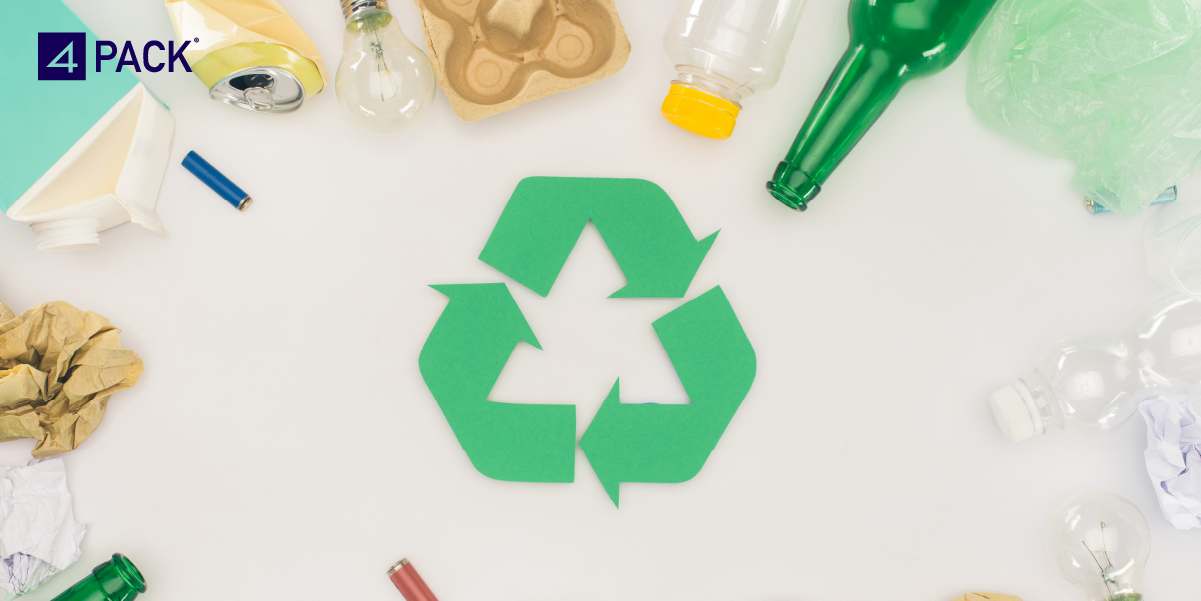Introduction to Packaging Recycling Notes
Packaging recycling notes play a crucial role in our efforts towards sustainability and environmental conservation. In today’s world, where environmental concerns are at the forefront of public consciousness, understanding the significance of packaging recycling notes becomes imperative. These notes provide vital information about the recyclability and disposal of packaging materials, empowering consumers and businesses to make informed choices.
History of Packaging Recycling Notes
The concept of packaging recycling notes has evolved over time in response to the growing need for sustainable waste management practices. Initially, there were no standardised methods for communicating recycling information on packaging. However, as environmental awareness increased, governments and industry bodies began to develop guidelines and symbols to convey this information effectively.
The Purpose of Packaging Recycling Notes
At its core, the primary purpose of packaging recycling notes is to promote recycling and proper waste management. By providing clear and concise information about the recyclability of packaging materials, they encourage consumers to participate in recycling programmes and dispose of waste responsibly. Additionally, these help manufacturers and retailers comply with regulatory requirements related to packaging waste.
Components of Packaging Recycling Notes
Packaging recycling notes typically include essential information such as manufacturer details, product description, recycling symbols, and recycling instructions. The identification information allows consumers to identify the responsible party for the packaging and the product it contains. Recycling symbols and codes convey important information about the material composition and recyclability of the packaging, while recycling instructions provide guidance on how to properly dispose of the packaging material.
Benefits to Consumers
For consumers, these notes serve as a valuable tool for making environmentally conscious purchasing decisions. By understanding the recycling capabilities of different packaging materials, consumers can choose products that align with their values and contribute to waste reduction efforts. Additionally, clear recycling instructions help consumers dispose of packaging waste correctly, reducing the likelihood of contamination in recycling streams.
Importance for Manufacturers and Retailers
For manufacturers and retailers, these notes are not only a legal requirement but also a means of building trust with consumers. By providing accurate and transparent information about the recyclability of their packaging, companies demonstrate their commitment to sustainability and environmental responsibility. Moreover, compliance with packaging recycling regulations helps businesses avoid potential fines and penalties while enhancing their brand image.
Challenges in Implementing Packaging Recycling Notes
Despite their benefits, the implementation of packaging recycling notes poses several challenges. One of the main challenges is the lack of standardisation in recycling symbols and codes, which can lead to confusion among consumers. Additionally, achieving widespread consumer awareness and understanding of these notes remains a significant hurdle, requiring collaborative efforts from governments, industry stakeholders, and community organisations.
Innovations in Packaging Recycling Notes
To address these challenges, there have been significant innovations in packaging recycling notes, particularly in the realm of digital solutions and interactive labels. These technologies aim to enhance the accessibility and usability of recycling information, allowing consumers to access detailed recycling instructions using their smartphones or other digital devices. By leveraging technology, these notes can reach a wider audience and facilitate more effective communication of recycling information.
Global Perspectives
While the principles of packaging recycling notes are universal, the specific regulations and guidelines governing their implementation vary from one country to another. Different regions have their own approaches to packaging waste management, leading to differences in recycling symbols, labelling requirements, and disposal practices. However, there is a growing trend towards harmonisation efforts, with international organisations working to standardise recycling symbols and codes on a global scale.
Future Trends in Packaging Recycling Notes
Looking ahead, the future is likely to be shaped by advancements in transparency and sustainability. As consumers become more environmentally conscious, there will be increasing demand for packaging that is easily recyclable and responsibly sourced. This trend is expected to drive innovation in packaging design and labelling, with a focus on enhancing recyclability and reducing environmental impact. Additionally, the integration of these notes with broader sustainability initiatives, such as carbon foot-printing and life cycle assessment, will further enhance their effectiveness in promoting sustainable consumption and production practices.
How 4Pack Can Help Your Business
Launching a new product involves navigating various challenges, from packaging regulations to sustainability management. With 4Pack’s suite of solutions, businesses can address these crucial aspects effortlessly, ensuring compliance and optimising sustainability practices.
- Packaging Regulation Compliance: 4Pack’s intelligent software automates tracking and management of regulatory information, ensuring compliance with industry standards and target market regulations. Mitigate risks of penalties, and confidently launch new products.
- Sustainability Management: Embrace sustainability with 4Pack’s solution, enabling proactive evaluation of packaging choices, materials optimisation, and waste reduction. Identify sustainable alternatives, monitor progress, and enhance brand reputation while attracting environmentally conscious consumers.
- Label and Artwork Accuracy: Centralise label and artwork management with 4Pack, ensuring version control, consistency, and compliance with regulatory guidelines. Streamline collaboration, approval processes, and reduce errors, enhancing brand consistency and speeding up time-to-market.
- Precise Product and Packaging Specifications: Maintain data integrity and accessibility across teams with 4Pack’s centralised repository for product and packaging specifications. Automate workflows to streamline creation, review, and approval processes, minimising errors and delays in the supply chain.
With 4Pack’s comprehensive solutions, businesses can streamline processes, achieve compliance effortlessly, and enhance sustainability practices, giving their new products a competitive edge in the market.


